When it comes to iconic comedy, few series capture the timeless charm of Our Gang, later rebranded as The Little Rascals. These pint-sized mischief-makers didn’t just entertain audiences; they broke barriers and redefined what storytelling could be. Nearly a century after its debut, the series remains a cultural cornerstone, celebrated for its humor, authenticity, and pioneering diversity.
The Groundbreaking Vision of ‘Our Gang’
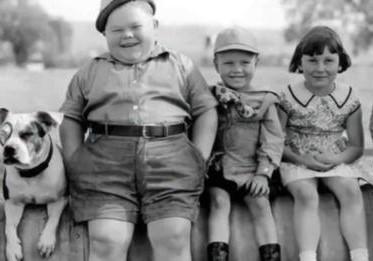
Our Gang wasn’t just another kids’ show; it was a bold experiment in relatability. Created by Hal Roach in 1922, the series revolved around the everyday adventures of children. Instead of crafting cookie-cutter characters, Roach drew inspiration from the natural personalities of the young cast, resulting in performances that felt authentic and timeless.
Diversity Ahead of Its Time
In an era when segregation was the norm, Our Gang stood out for its inclusivity. The show featured a racially diverse cast, portraying children from various backgrounds as equals. They played together, laughed together, and learned from one another—sending a powerful message of unity and acceptance long before it was widely embraced in Hollywood.
Meet the Original Stars of ‘Our Gang’
The first group of Our Gang actors brought a raw charm that captivated audiences. They weren’t polished Hollywood stars but regular kids with big personalities, which was exactly why they resonated.
- Sunshine Sammy Morrison: The first Black child actor to gain widespread fame, Sammy’s infectious humor and lively spirit set the tone for the series.
- Mickey Daniels: With his signature gap-toothed grin, Mickey brought a mischievous energy that quickly endeared him to fans.
- Joe Cobb: Known for his round face and lovable demeanor, Joe became an early audience favorite.
- Gene Darling: A quieter presence, Gene added balance to the group’s spirited antics.
The Evolution of the Gang
As the original cast aged out, new members joined, each bringing fresh humor and heart to the series. Over its two-decade run, Our Gang introduced a host of unforgettable characters.
- Spanky McFarland: The quick-witted leader of the gang, Spanky’s charisma and comedic timing made him a standout.
- Alfalfa Switzer: With his iconic cowlick and hilariously off-key singing, Alfalfa became one of the most beloved faces in comedy history.
- Darla Hood: The group’s sweetheart, Darla brought sass and a touch of romance to the gang’s adventures.
- Buckwheat Thomas: Buckwheat’s endearing innocence and impeccable comedic timing earned him a special place in fans’ hearts.
Why ‘Our Gang’ Worked
The magic of Our Gang lay in its authenticity. Hal Roach encouraged improvisation, allowing the children to react naturally to situations. This approach created a sense of spontaneity that set the series apart from more scripted productions.
The Hal Roach Factor
Roach’s genius was in understanding that children didn’t need elaborate scripts or rehearsals to shine. By keeping the atmosphere playful and low-pressure, he captured moments of genuine humor and heart that audiences couldn’t resist.
Challenges Behind the Scenes
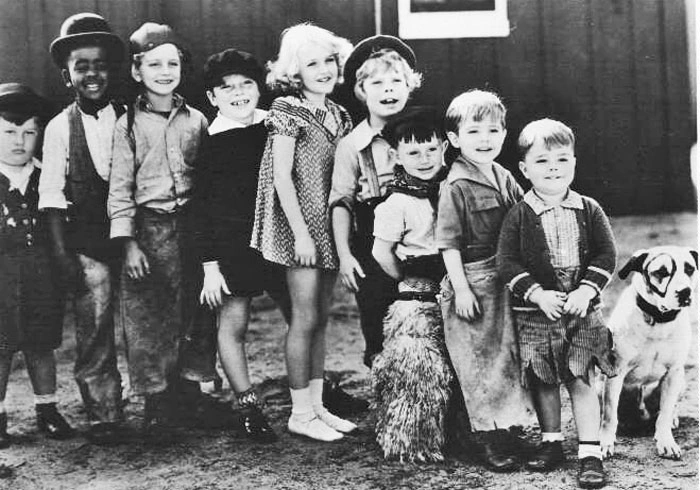
Despite its charm and success, Our Gang faced its share of hurdles.
Growing Pains
Child actors grow up quickly, and Our Gang constantly had to replace aging cast members with fresh faces. While some newcomers clicked, others struggled to recreate the magic of the originals.
Economic Struggles
The Great Depression affected the entire entertainment industry, and Our Gang was no exception. Budget cuts took a toll on production quality, and the show’s lighthearted tone sometimes clashed with the harsh realities of the time.
Competition from Feature Films
As Hollywood shifted toward high-budget feature films, short comedies like Our Gang began to lose their foothold. Audiences craved more elaborate productions, making it harder for the series to compete.
The 1994 Reboot: ‘The Little Rascals’ Movie
In 1994, The Little Rascals hit the big screen, introducing a new generation to the gang’s antics. The film stayed true to the spirit of the original series, reimagining iconic characters like Spanky, Alfalfa, and Darla while capturing the same heartwarming humor.
Where Are They Now?
The young stars of The Little Rascals (1994) left lasting impressions, but their post-Hollywood paths varied widely:
- Travis Tedford (Spanky): After a few acting roles, Tedford transitioned into a quiet life, working at a Texas credit union.
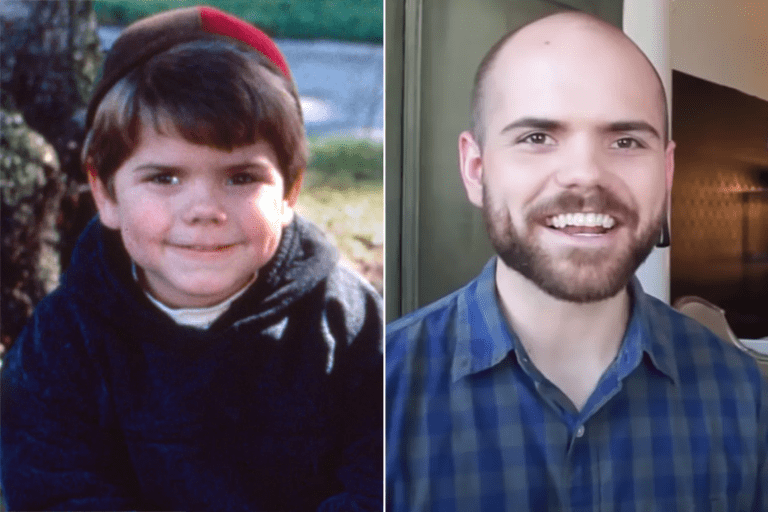
- Brandon “Bug” Hall (Alfalfa): Hall continued acting for years but later shifted focus to family life, leaving Hollywood behind.
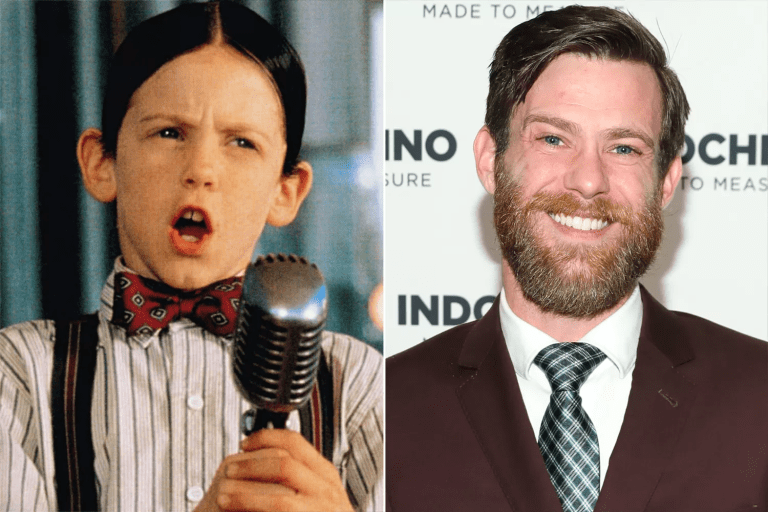
- Brittany Ashton Holmes (Darla): Holmes stepped away from the spotlight early, choosing a private life away from acting.
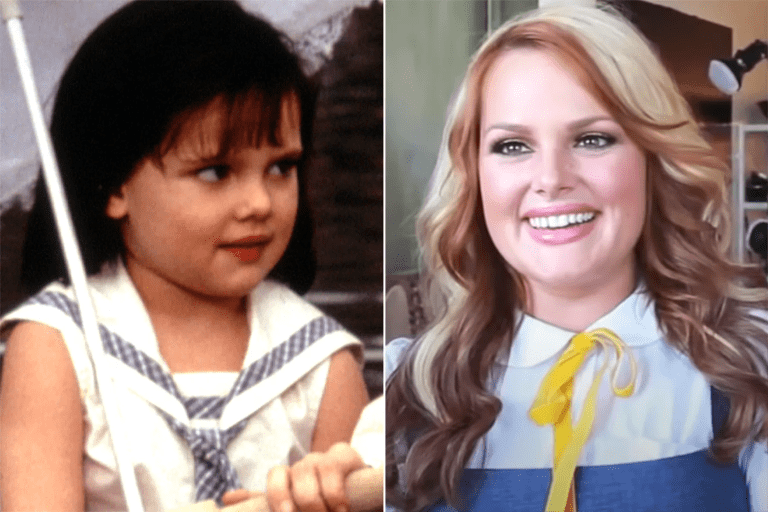
- Kevin Jamal Woods (Stymie): Woods now works in marketing and shares his creative talents through music.
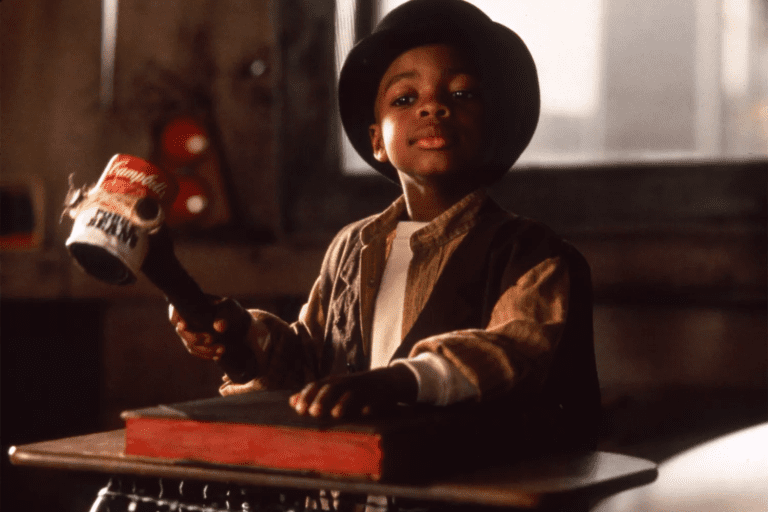
- Jordan Warkol (Froggy): Warkol pursued voice acting before transitioning to a career in business development.
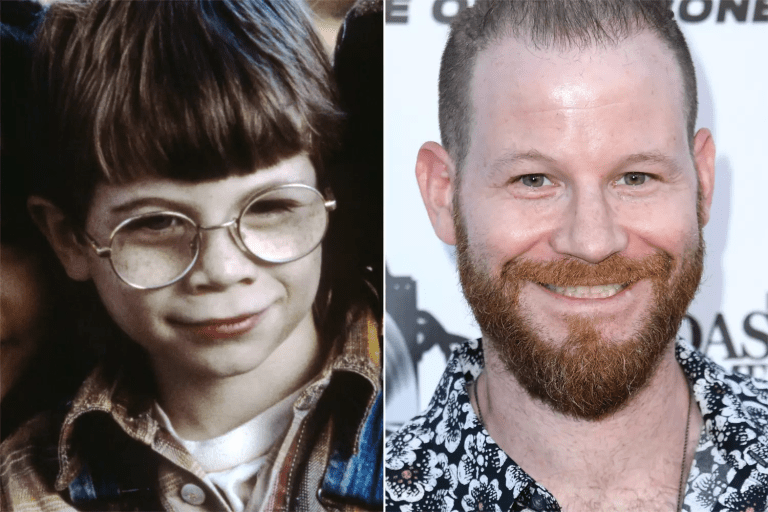
The Legacy of ‘Our Gang’
From 1922 to 1944, Our Gang produced over 200 shorts, leaving an indelible mark on comedy and culture.
A Comedy Revolution
The series proved that kids could carry a story with humor, heart, and authenticity. It paved the way for child-centered narratives and remains a benchmark for comedic storytelling.
A Step Toward Inclusion
While not without its flaws, Our Gang made strides in representing racial diversity on screen. Its portrayal of interracial friendships was groundbreaking for its time and set a precedent for future generations.
Lessons from the Rascals
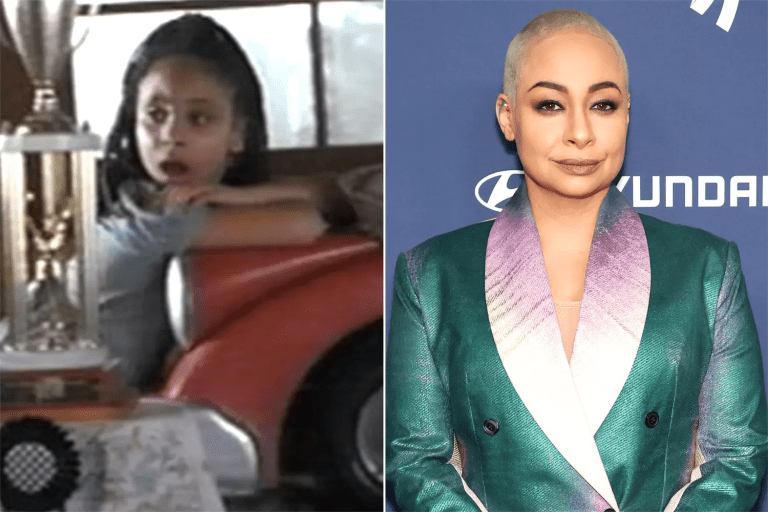
The enduring appeal of Our Gang lies in its universal themes: friendship, mischief, and the innocence of childhood. Whether it’s Spanky’s clever schemes or Alfalfa’s awkward serenades, these stories remind us of the joy in simple, everyday moments.
Conclusion: A Legacy That Lives On
Our Gang and The Little Rascals aren’t just relics of a bygone era—they’re timeless treasures that continue to entertain and inspire. Through their laughter and lessons, these pint-sized pioneers proved that comedy knows no age limit. As we revisit their antics, we’re reminded of the power of authenticity, diversity, and a good dose of mischief.


